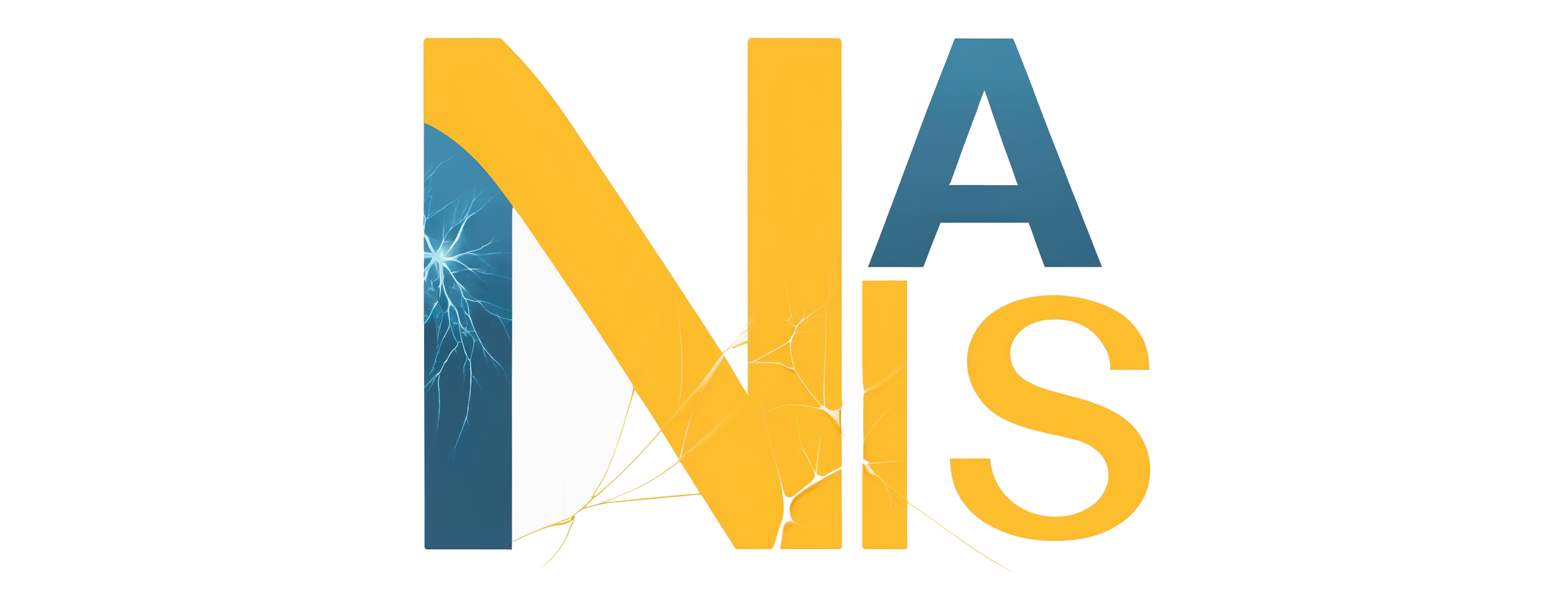Neuron Analysis and Visualization#
NAVis is a Python library for analysis and visualization of neuron morphology. It stands on the shoulders of the excellent natverse for R.
Features - Quickstart - Installation
Features#
-
Polgyglot
Support for all kinds of neuron types: skeletons, meshes, dotprops and images.
-
Exploration
Designed to let you explore your data interactively from Jupyter notebooks, terminal or via scripts.
-
Analysis
Calculate Strahler indices, cable length, volume, tortuosity, NBLAST and many other morphometrics.
-
Visualization
Generate beautiful, publication-ready 2D (matplotlib) and 3D (octarine, vispy or plotly) figures.
-
Processing
Smoothing, resampling, skeletonization, meshing and more!
-
Fast
Uses compiled Rust code under-the-hood and out-of-the-box support for multiprocessing.
-
Clustering
Cluster your neurons by e.g. morphology using NBLAST.
-
Transforms
Fully featured transform system to move neurons between brain spaces. We support CMTK, Elastix, landmark-based transforms and more!
-
Import/Export
Read and write from/to SWC, NRRD, Neuroglancer's precomputed format, OBJ, STL and more!
-
Connected
Load neurons straight from Allen's MICrONS datasets, neuromorpho, neuPrint, the H01 dataset or any NeuroGlancer source.
-
Interfaces
Load neurons into Blender 3D, simulate neurons and networks using NEURON, or use the R natverse library via
rpy2. -
Extensible
Write your own library built on top of NAVis functions. See our ecosystem for examples.
Check out the Tutorials and API reference to see what you can do with NAVis.
Need help? Use discussions on Github to ask questions!
NAVis is licensed under the GNU GPL v3+ license. The source code is hosted at Github. Feedback, feature requests and bug reports are very welcome and best placed in a Github issue
